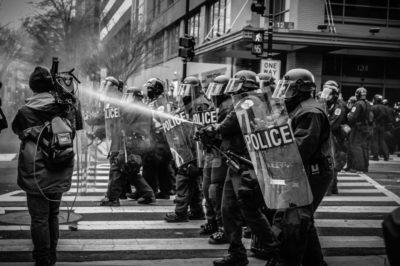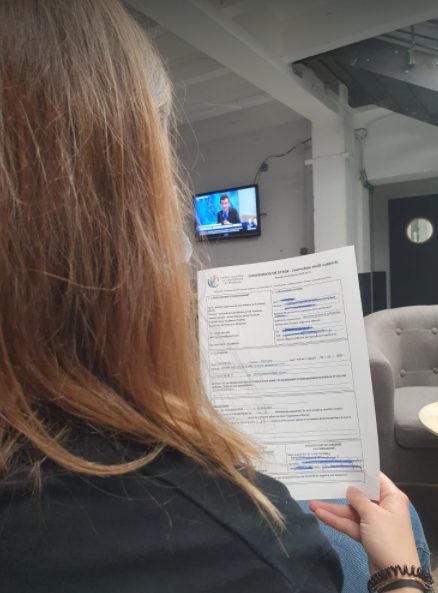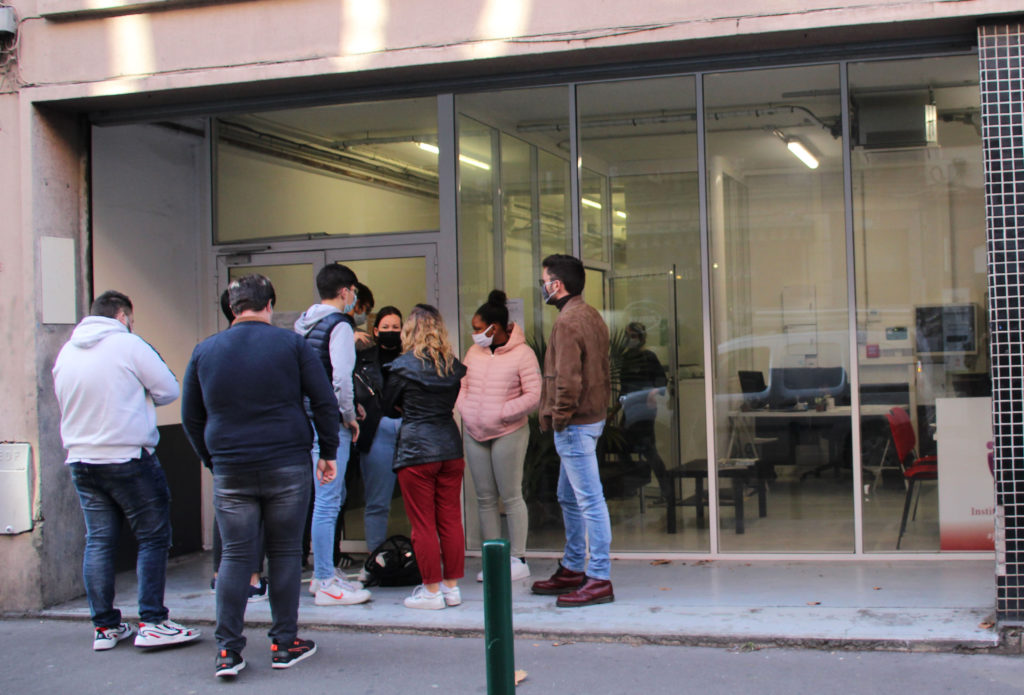
France has been in the foreground because of Gilet Jaunes’s riots. Journalists had to cover the events since November 2018 each Saturday. It has been the theatre of violence between the police and the demonstrator. Journalists have been in the middle of it, taken as a target.
Journalists are considered since a long time as the fourth power in France. In other words, they are the counter power. Mostly, they covered Government’s schemes such as the retirement reform. The population is contesting it too. The gilets Jaunes have been protesting against what the Government do since Emmanuel Macron’s election in 2017. Riots which have been closely followed by media.
But the Government decided in 2020 to change its politics and turned the screw. Published on the 16th of September, the Minister of the Interior gave news directives about law enforcement. The national trade union of journalists has directly reacted. According to the members, the document assures the importance of any protest. But many decisions have to be put into question, mostly for the ones about the way journalists can inform, the freedom of the press and the journalist protection. Questions that many students of ISJT asked themselves.
« I covered Gilets Jaunes’s protests many times for La Dépêche du Midi and for photographs reports. It is really difficult to me, because journalists are the targets from the two sides, protestors and policemen. Both of them do not like us », explains Aurélie Rodrigo who nuances her remarks. In fact, journalists are conscious that they expose them during riots. She adds, « I think, we bother. And it is mostly difficult when you are a woman in a riot ».
And Mathieu Yerle to go on with « Since a few years, and mostly with Gilets Jaunes, lots of journalists could not do their job well. I think of photographers who have got huge problems with cops. Some of videos caused difficulties. It is a matter of democracy and I am afraid that it will not evolve in a good way ».
If the students think they are a kind of target during protests, they are unequivocal about the importance of their attendance during riots. Tristan Carballeda explains it : « It is essential to inform people about the way policeman deal with demonstrators. It shows a lot about the Governments’ qualities. France is one of the worst European countries regarding protests. Demonstrators are under attacks so their aggressiveness increase. CRS have to respond and this is a vicious circle ». All of them are concerned about what SNJ asks to Government.
But, when I ask them how they feel about their future as a journalist and particularly about the presence of journalists in protests, there is a debate. A part of the students are worried because of the discredit on the profession. According to Mathieu Yerle and Lucie Lescastreyres it is due to the social media. « I also think the Government defends the journalists only when he thinks it is useful. Politicians are worried about the freedom of the press overseas. But in France, lots of them cannot do their work and it is the radio silence ». If Tristan Carballeda rejoins the idea of the difficulties for journalists to face social media and the emergence people filming and give a commentary on what happens in a protest, he is much optimist. Such as Aurélie Rodrigo who thinks this is a good point for her future as a professional. Social media give her much voice than she could have in traditional media. A good point for the future and for the freedom of the press.


